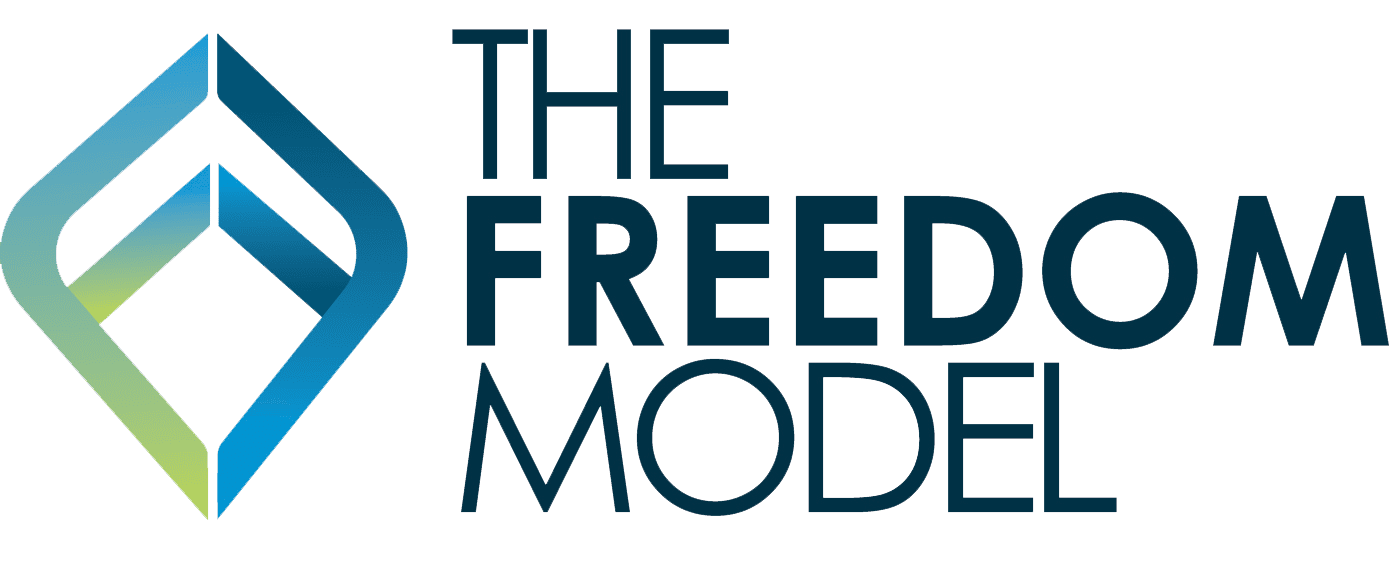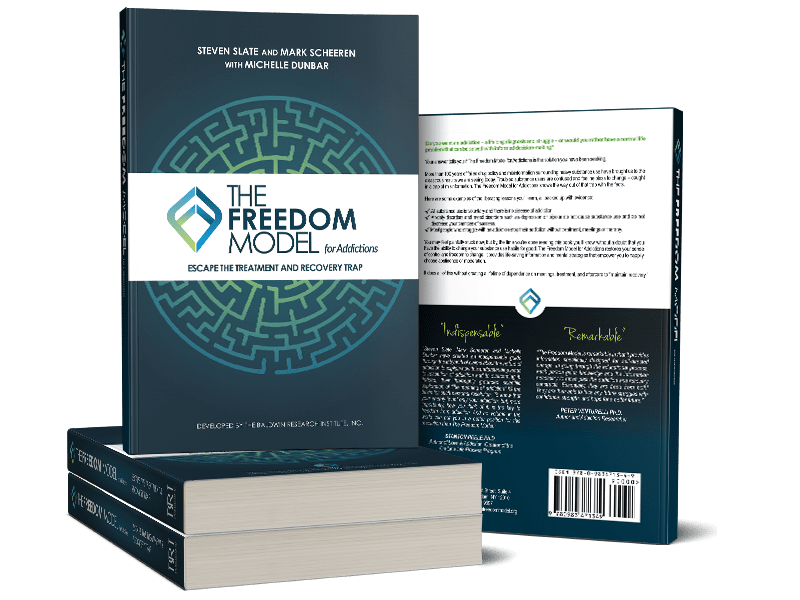You Asked, We Answered
Addiction Questions
I’m addicted to pain pills, and sometimes get heroin when I can’t get my prescriptions. Am I someone that needs to go to treatment?
No one should go to rehab. (Medical detox from substance use is a different matter when dealing with alcohol and benzodiazepines, etc.) We realize this might fly in the face of what you have been told. But you have a much greater chance of getting over your drug problem if you know the facts; and a central fact that never gets airtime is that the vast majority of users like you move past their addictions without any treatment whatsoever. Take a look (From Chapter 1 of The Freedom Model for Addictions):
“Now, remember what the treatment advocates are saying, that “addicts” can’t control themselves and can’t stop using substances without treatment. A mountain of evidence indicates the contrary. The studies above, as well as yearly surveys, show that over time, people naturally quit or reduce their substance use to nonproblematic levels on their own. Most “addictions” start when people are in their early 20s, and more than half of them resolve by 30 years old. Problematic substance use rapidly declines with age. When researchers crunched these numbers in the NESARC data, figuring in the trends on age, they found that more than 9 out of 10 will eventually resolve their substance use problems—treated or not. More precisely, the probability that problematic substance users will resolve their problem for various substances follows (Heyman, 2013):
- Alcohol: 90.6%
- Marijuana: 97.2%
- Cocaine: 99.2%
Although the researchers didn’t offer a probability rate for heroin, we have no reason to believe it should be any different. Ninety-six percent of heroin addicts were currently resolved in the NESARC data. (Wu, Woody, Yang, Mannelli, & Blazer, 2011)
This mirrors findings from the 1970’s. For example, a study on Vietnam vets diagnosed as heroin dependent found that within the first three years about 88% quit without relapse and, in a 24-year-long follow-up study, 96% had eventually resolved their problems. You should also know that only 2% of those vets received treatment (Robins, 1993)!
Another extremely important fact about the Vietnam vet heroin addicts is that, while the overall relapse rate was a mere 12%, those who were shuffled into treatment ended up having a staggering 67% relapse rate—that’s more than five times worse. So, while the recovery society moans and groans that “only 1 in 10 gets the treatment they need,” more than 9 in 10 resolve their problems—usually without treatment—and there are many cases where treatment leads to worse outcomes.
The idea that anyone needs addiction treatment is flat out misinformation. It hurts people by convincing them that they’re helpless, thus taking away their motivation to try to change. And with the flood of data that’s been released over the past few decades, the claim that treatment is needed is becoming worse than just misinformation. Treatment advocates are either willfully ignorant of this information, which is irresponsible, or they’re just knowingly lying to the public. Nobody, and we mean nobody, needs what they’re selling.”


0 Comments